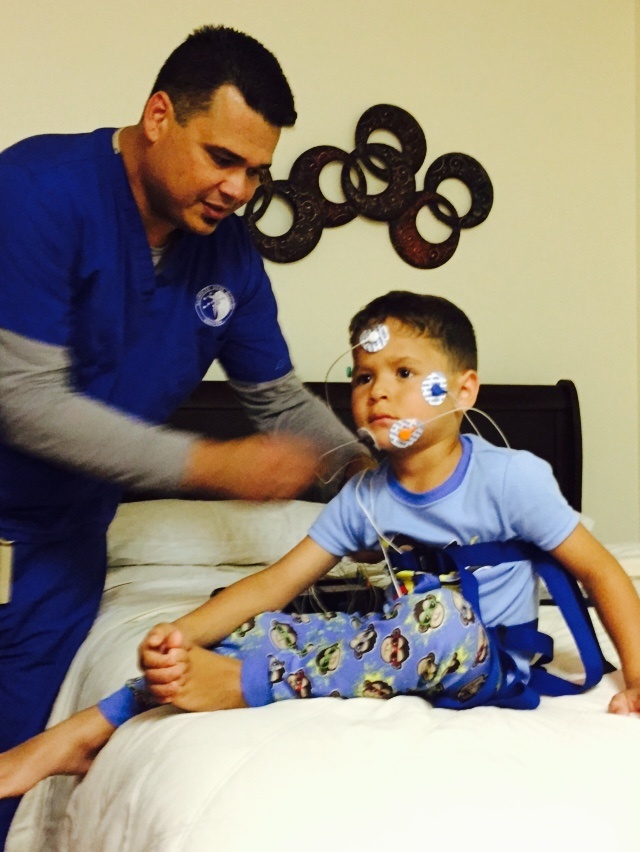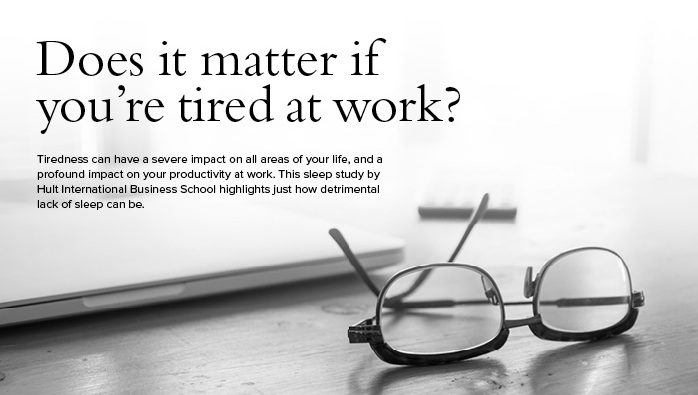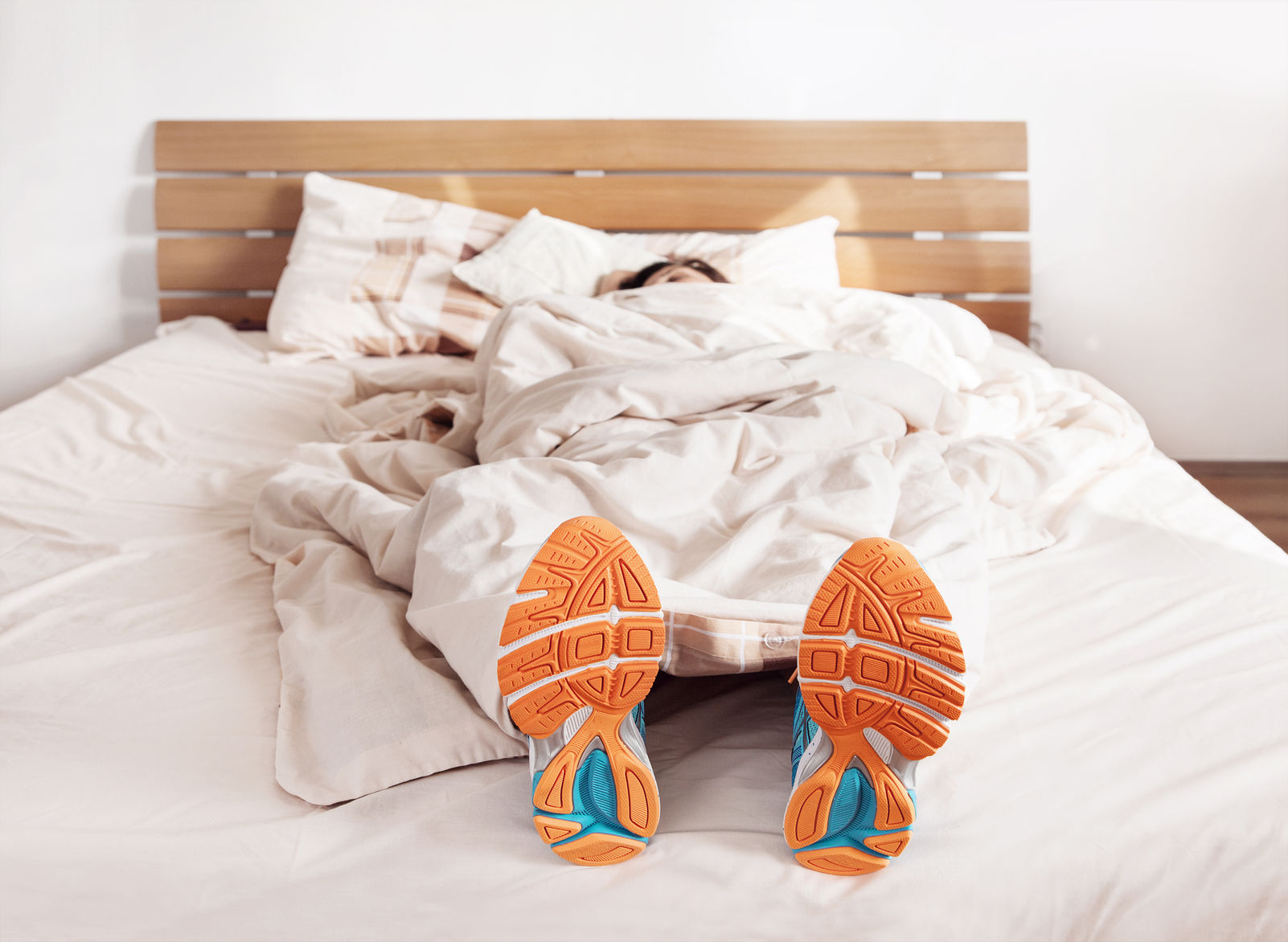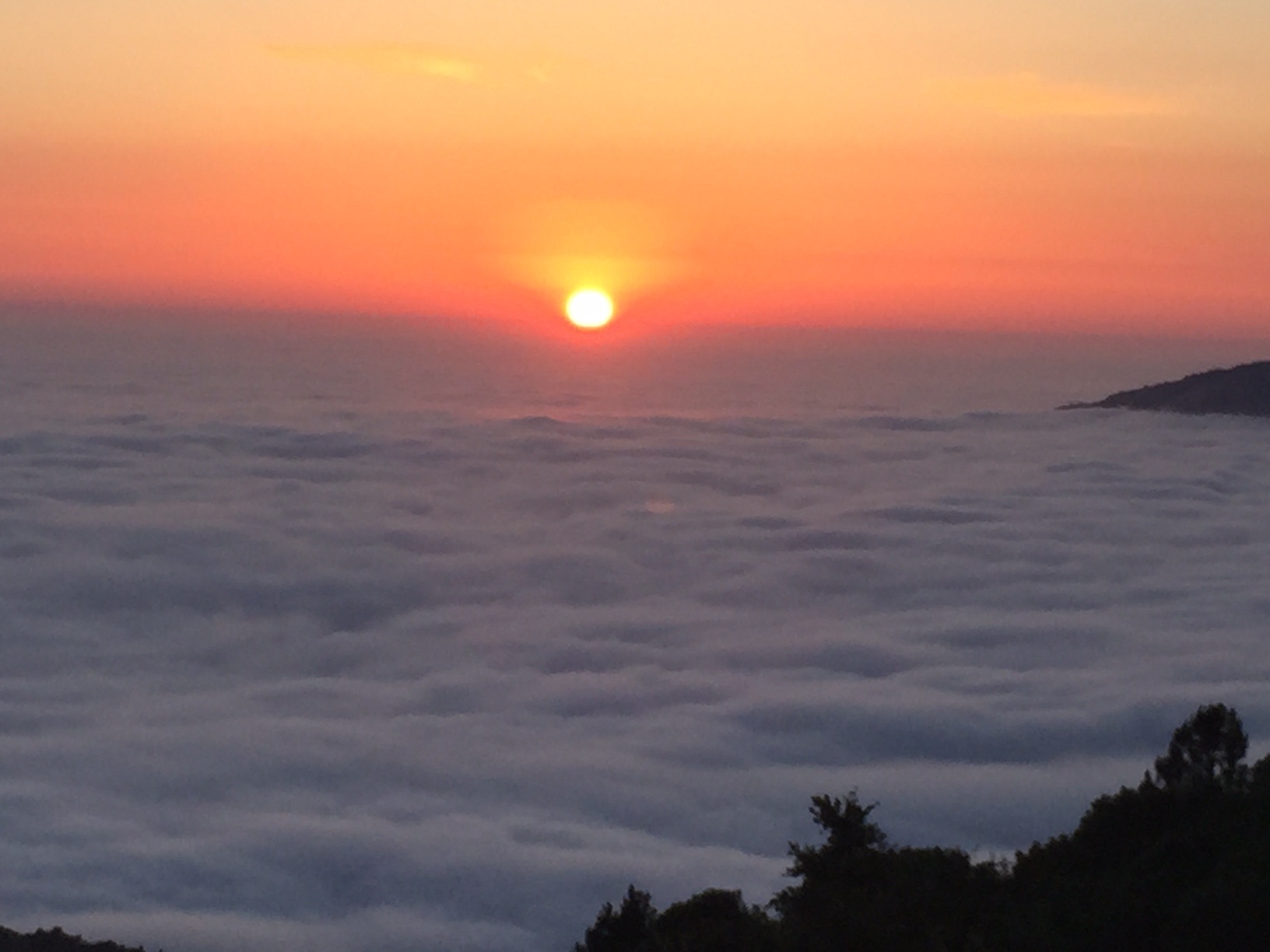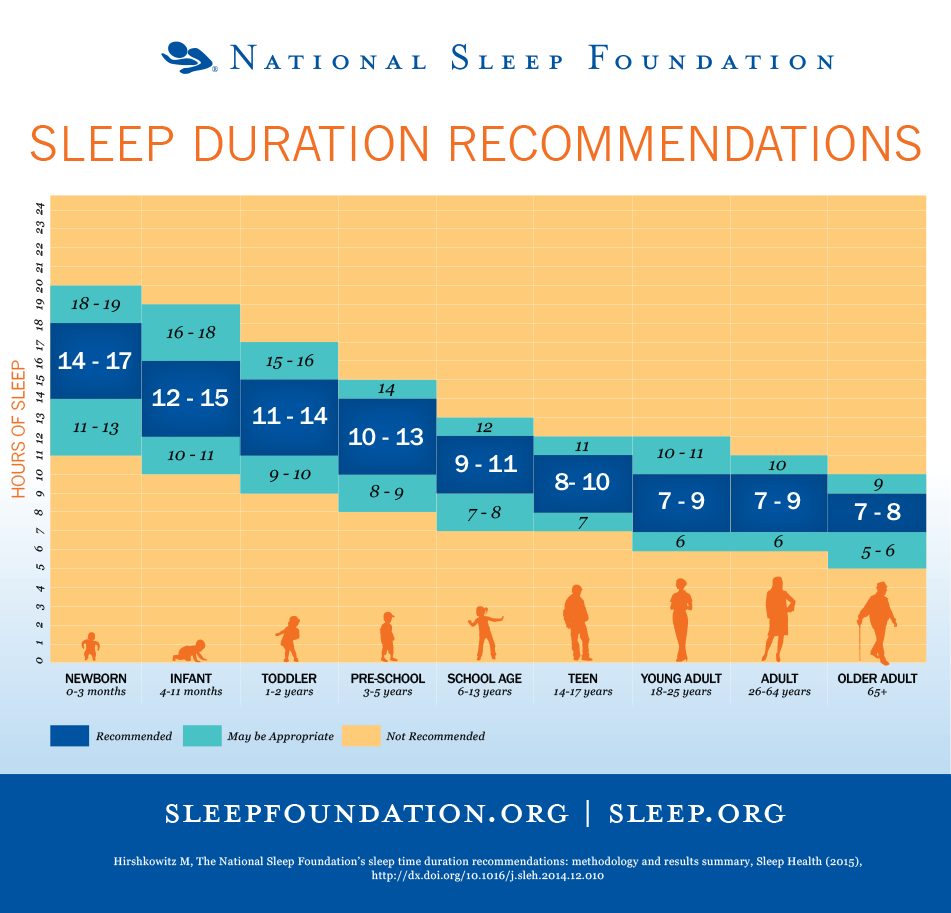For me, camping is all about sleeping outside- both the challenges and the rewards.
It has taken our family years of trial and error to find exactly the right sleeping arrangements (10 person tent for the 5 of us, queen-sized self-inflating air mattress, flannel sheets, heavy down comforter and kids on their own cots).
Camping is almost always a social activity with one or more other families. Our kids run around all day, getting filthy and engaging in screen-free activities like catching lizards and throwing rocks. As the sun sets and we clean up sticky fingers from our nightly s'mores, I'm ready for bed. I love the creeping sleepiness that approaches with the sunset after spending an entire day outdoors. It's also the one time my kids don't argue about going to bed. They're ready. We fall asleep just after the sun sets and wake up just after it rises.
It's no surprise that studies have shown sleeping outside is great for re-calibrating your sleep cycle. Camping [usually] means that you're not using your iPhone or watching TV before bed. Electronic devices are not only stimulants- as all parents know- but also emit blue light which can effect melatonin levels and make it hard to fall asleep (learn more about that here).
Sleeping outside typically means that you're following the sun's schedule. So even if you're not getting more sleep when you're camping (which I always do), the timing of your sleep gets in sync with natural melatonin levels so it's easier to fall asleep and wake up feeling more rested.
I could reminisce about my recent camping trip (see that beautiful sunset? That was our first night camping in Big Sur this past weekend) for this entire post; however, I'll tie this back to our main topic, sleeping outside. No matter where or who we go camping with, there are two questions that often come up while camping related to sleep apnea.


